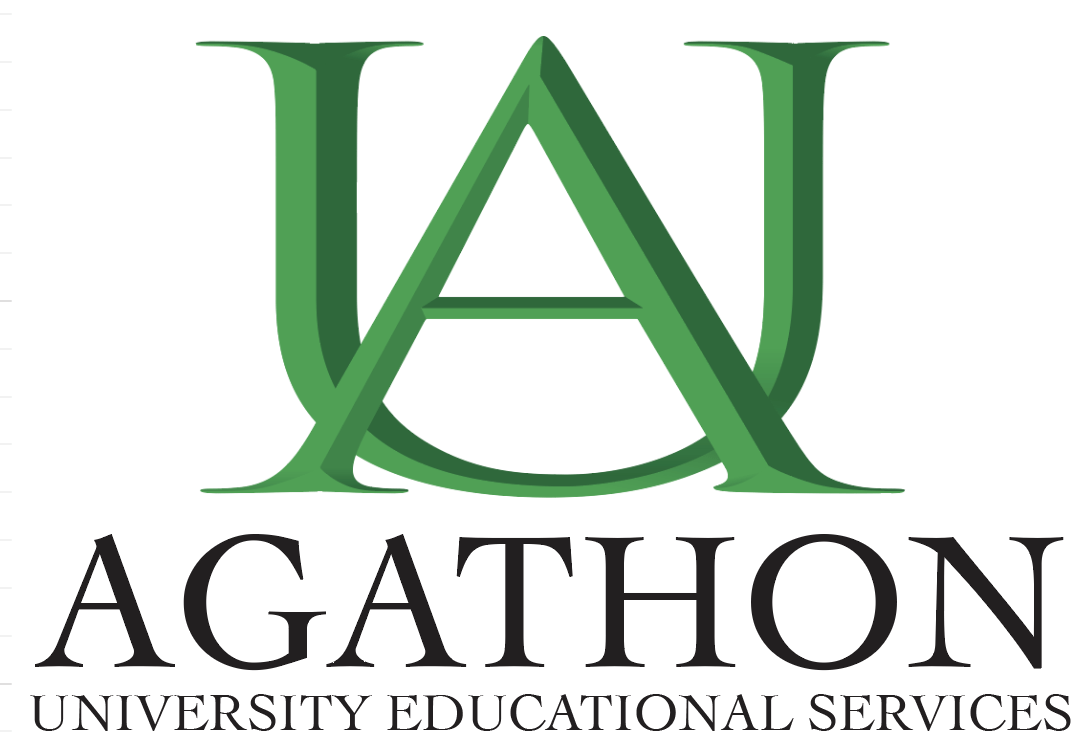
Course Faculty
John Oglesby, MA
Associate Professor of Biblical Education and Leadership
Christopher Cone, ThD, PhD, PhD
Research Professor of Biblical Education and Leadership
Mark Perkins, MDiv
Associate Professor of Biblical Education and Leadership
Stephen Lewis, PhD
Distinguished Professor of Biblical Education and Leadership
A presentation of the literal, grammatical, and historical approach to studying and understanding communication, with an emphasis on special hermeneutical problems, such as figures of speech, typology, and modern criticism.
CBU Master of Ed (30 Hours) and Master of Divinity (72 Hours) Program Info
Undergraduate Lounge
[bp_better_messages_chat_room id=”1109″]
Course Syllabus
Course Syllabus / PHIL5101 Worldview and Basis for Critical Thinking
Christopher Cone, Th.D, Ph.D, Ph.D
John Oglesby, MA
Mark Perkins, M.Div
Stephen Lewis, Ph.D
Michael Thompson, M.Div
- CBU PROFESSOR(S) BIO
Dr. Christopher Cone is the professor of record for the course. He serves as President and CEO of AgathonEDU Educational Group. Cone has served as President of Calvary University and as Research Professor of Bible and Theology, in executive and faculty roles at Southern California Seminary as Chief Academic Officer and Research Professor of Bible and Theology, and at Tyndale Theological Seminary as President and Professor of Bible and Theology. He has served in several pastoral roles and has also held teaching positions at the University of North Texas, North Central Texas College, and Southern Bible Institute. His articles are published at www.drcone.com, and he is the author and general editor of fifteen books.
John Oglesby presently serves as Executive Vice President and professor at Vyrsity with previous experience in administration and academics at Calvary University. John received his BS in Advanced Biblical Studies as well as his MA in Bible and Theology from Calvary University. John has taught classes in Philosophy and Worldview, Theology, and Biblical Studies. His writing can be found at johnoglesby.org.
Mark R. Perkins has 33 years of experience as a pastor, professor, wilderness guide, and missionary, most notably as the Pastor of Front Range Bible Church in Denver, Colorado. Mark graduated from Azusa Pacific University with a BA in Bible Literature, and from Talbot Seminary with an MDiv in New Testament. He did further studies in Classical Literature at the University of Houston. He has served as adjunct faculty for Word of God Bible College in Kyiv, Ukraine, Rocky Mountain Bible College, and Calvary University. He remains active in leadership for Colorado Biblical University, APXAIOC Biblical Archaeology Institute, and Evanelia Tahiti. Mark is a veteran of the U.S. Army, and has led more than 40 wilderness trips in the mountains and canyons of the western USA. He is a two time survivor of Acute Myeloid Leukemia. He and his wife Rene’ currently reside in the town of Papara on the island of Tahiti in French Polynesia, where they serve training pastors and laymen in the Great Commission of Jesus Christ.
- COURSE DESCRIPTION
PHIL5101 Worldview and Basis for Critical Thinking is a presentation of the literal, grammatical, and historical approach to studying and understanding communication, with an emphasis on special hermeneutical problems, such as figures of speech, typology, and modern criticism.
III. COURSE OUTLINE
Module 1 – Worldview Foundations for Transformation – Christopher Cone, Th.D, Ph.D, Ph.D
Dr. Cone introduces and defines transformative thought, explains the relevant topics, and introduces the various hermeneutic approaches within various worldviews.
Reading
Cone, Integrating: p. 1–46
Cone, Priority: p. 1–16
Module 2 – The Genesis Principle – Christopher Cone, Th.D, Ph.D, Ph.D
Dr. Cone presents an exegetical case for a normative understanding of the Bible throughout the book of Genesis.
Reading
Cone, Priority: p. 17–76
Terry, p. 137–150
Module 3 – Literal Grammatical-Historical Hermeneutic Defined – John Oglesby, MA
John Oglesby provides a brief definition of the Literal Grammatical-Historical hermeneutic providing six principles to follow.
Reading
Baurain, A Short Primer
Terry, p. 161–162; 203–253
Module 4 – Comparative Hermeneutics 1: Theological, Allegorical, and Spiritualization – Stephen Lewis, Ph.D
Dr. Lewis covers comparative hermeneutic models including the theological, allegorical, and spiritualization models of interpretation
Reading
Terry, p. 163–174; 302–328
Cone, Priority p. 77–82
Module 5 – Comparative Hermeneutics 2: Complementary, Canonical, and Genre – Mark Perkins, M.Div
Mark Perkins covers comparative hermeneutic models including the complementary, canonical, and genre models of interpretation.
Reading
Cone, Priority p. 83–148
Module 6 – Comparative Hermeneutics 3: Postmodern, Trajectory, and Redemptive – John Oglesby, M.A.
John Oglesby covers comparative hermeneutic models including the postmodern, trajectory, and redemptive models of interpretation.
Reading
Terry, p. 603-738
Module 7 – Hermeneutics and Personal Growth – Michael Thompson, M.
Michael Thompson engages the interdisciplinarity of hermeneutics and personal growth. Includes a look at hermeneutics, personal growth, and the interplay/relationship between the two.
Reading
Cone, Priority p. 149-204
Module 8 – The Impact of Theology on Understanding and Learning – Mark Perkins, M.Div
Mark Perkins explores the relationship between theology and understanding engaging the impact one has on the other.
Reading
Cone, Priority p. 205-245
Terry, p. 582-600
Module 9 – Four Steps for Understanding – John Oglesby, M.A.
John Oglesby presents four basic steps for understanding any communication while focusing on understanding the Bible itself. The steps explored are observation, interpretation, verification, and application.
Reading
Terry, p. 17-75
Module 10 – The Exegetical Process and Transformation – Christopher Cone, Th.D, Ph.D, Ph.D
Dr. Cone expands on the four basic steps of understanding, breaking down the process into a detailed exegetical process which leads to the transformation of the individual.
Reading
Cone, Integrating p. 47-132
- COURSE READING
Required Texts:
- All CBU courses use the Bible as a primary textbook. Translations used for coursework include any of the following: NASB, ESV, KJV, and NKJV. Other translations/versions may be used for complementary study and research.
- Christopher Cone, Integrating Exegesis and Exposition: Biblical Communication for Transformative Learning (Fort Worth, TX: 2015) ISBN: 978-0-9765930-5-8, $14
- Christopher Cone, Priority in Biblical Hermeneutics and Theological Method (Raymore, MO: 2018) ISBN: 978-0-9982805-2-6, $16.
- Milton Terry, Biblical Hermeneutics: A Treatise on the Interpretation of the Old and New Testaments (New York, NY: 1890) Electronic Copy Provided.
- Thomas Baurain, “A Short Primer on Biblical Hermeneutics,” The Journal on Dispensational Theology 10, no. 31 (Dec. 2006): 41. Electronic Copy Provided.
- LEARNING OUTCOMES
Course Learning Outcomes (CLOs)
- To understand the foundational relationship between Hermeneutics in worldview and critical thought
- To be able to compare and contrast various methods of understanding and learning
- To be able to apply the Biblical model of understanding for personal growth and development
- To be able to assess communication based on a biblical model of interpretation
Program Learning Outcomes (PLOs)
- To prepare Learners for roles in transformative education teaching and service.
- To provide Learners a foundation for effective individual and organizational leadership in diverse environments.
- To ensure Learners demonstrate worldview foundation for empowering people and building communities.
- To help Learners formulate a Biblical approach to transformative learning and leadership.
Vyrsity Learning Outcomes (VLOs)
- Critical Thinking, Problem Solving, and Research – Learners will demonstrate ability to think critically, solve problems, and conduct interdisciplinary research at a level appropriate to their program.
- Personal Growth – Learners will understand how learning is related to personal growth, and will be challenged to grow in their thinking, communication, conduct, and engagement with others.
- Skills Development – Learners will advance in skills related to their area of learning, demonstrating a level of competency appropriate to their program.
- Social Responsibility – Learners will appreciate the diversity in and value of others as designed by our Creator, and will grow in willingness and capability to serve others.
- Worldview Applications – Learners will become capable at thinking from a worldview perspective and will understand the relationship of description and prescription, so that they can ground their actions in sound principles.
- Assignments and Grading Rubric (1000 Points)
- Module Assessments (25 points each x 10) 250 Points (Multiple Choice)
- CLO 1 / PLO 3,4 / VLO 1,2
- Course Content Assessment 250 Points (Multiple Choice)
- CLO 2 / PLO 3,4 / VLO 3,5
- Reading Content Assessment 250 Points (Multiple Choice)
- CLO 1 / PLO 3,4 / VLO 1,2
- Competency Assessment –
- Writing: Write a 3000 word paper on a topic related to hermeneutics and personal growth.
- Interview: Interview a religious or philosophical leader who would not agree with your worldview regarding one’s interpretive method. Create a 30-minute video recapping the interview and assessing implications of the other’s views.
- Recorded Presentation: Give a 45-60 minute presentation on a topic related to Hermeneutics and personal growth.
- CLO 3 / PLO 1,2 / VLO 4,5
250 Points
VII. Grading Scale
91-100% A
81-90% B
71-80% C
61-70% D
0-60% F
VIII. Carnegie Unit Credit Hour Equivalent
Total Hours of Module Content: 20 hours
Total Hours of Reading Content: 40 hours
Total Hours of Minor Assessments: 30 hours
Total Hours of Major Assessment: 30 hours
Total Hours of Competency Assessment: 15 hours
Equivalent of 3 Credit Hour (135 hours of total course time)

